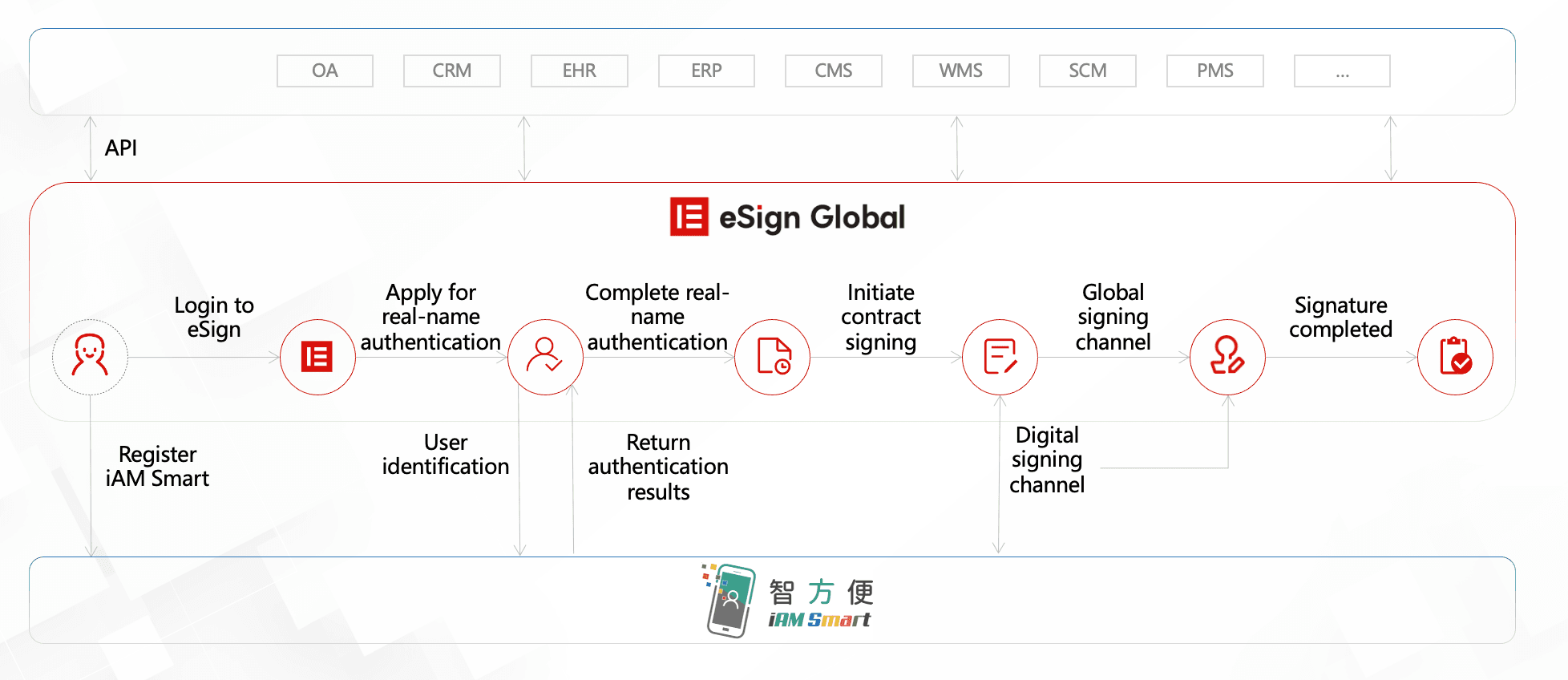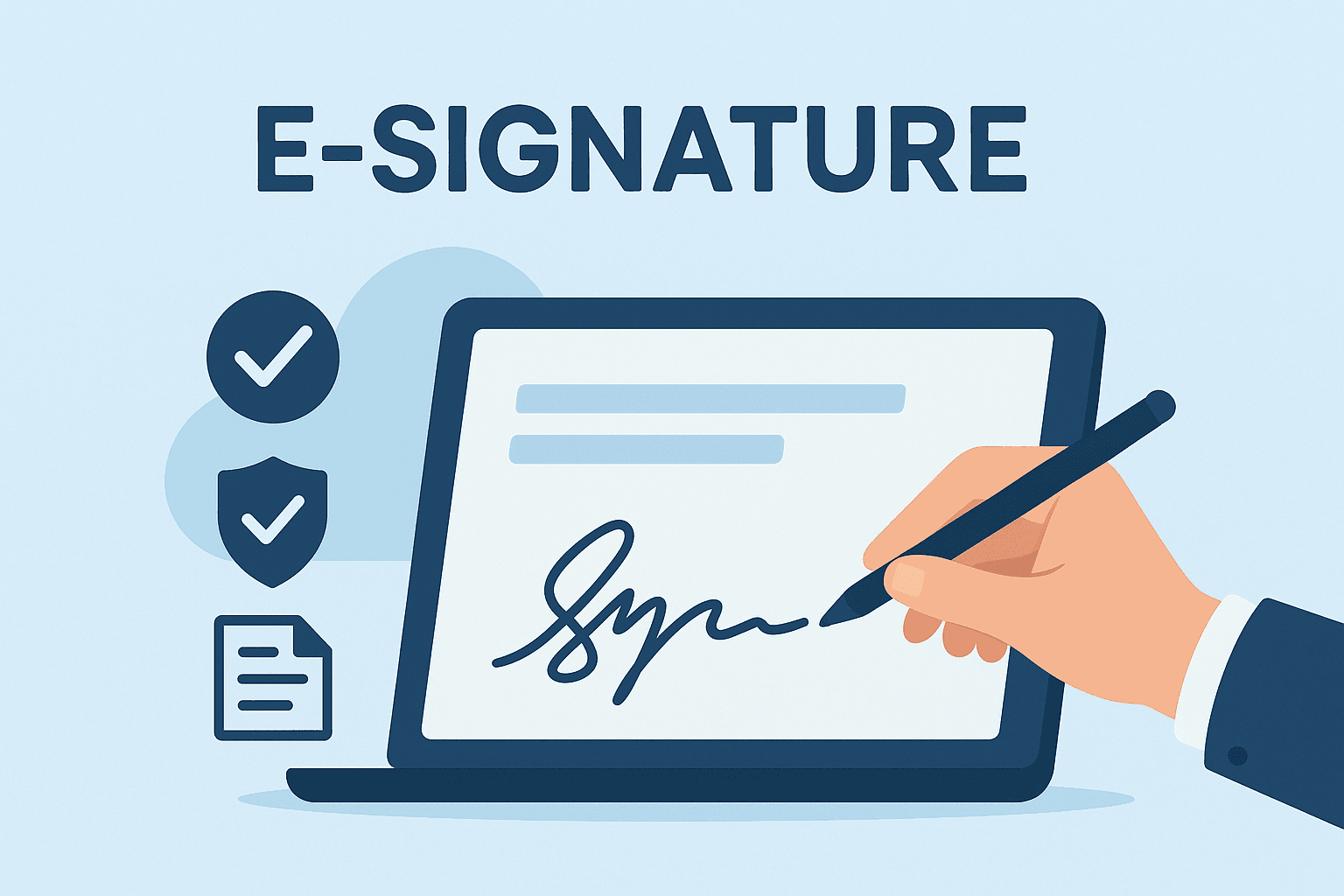Can I create my own digital signature certificate?





Can I Create My Own Digital Signature Certificate?
In today’s digital-first world, digital signatures are more than just a convenient tool—they are a legally recognized means of signing documents globally. But this raises a common question: Can I create my own digital signature certificate? The short answer is both yes and no—depending on your jurisdiction and purpose. Let’s explore the practical, technical, and legal aspects of creating a digital signature certificate, especially for users operating in Hong Kong and Southeast Asia.
Understanding Digital Signature Certificates
A digital signature certificate (DSC) is a digital file that proves the authenticity of your electronic signature. It is issued by a Certificate Authority (CA)—a trusted entity that verifies your identity before issuing a certificate that links your digital signature to your identity. It serves similar functions as a passport or driver’s license in the real world but for online identity validation.
There are two main types of electronic signing methods often discussed:
- Electronic signatures (e-signatures): Often simple and user friendly, they can be as informal as typing your name or pasting an image of your signature.
- Digital signatures: A subset of electronic signatures that come with stronger security protocols through Public Key Infrastructure (PKI) and are often backed by certified digital signature certificates.

Can You Technically Create Your Own Certificate?
From a technical standpoint, yes, anyone with the right cryptographic tools can generate a pair of keys (public and private), and then create a self-signed digital certificate. This self-signing process involves using open-source tools like OpenSSL, which lets individuals generate digital certificates for testing or internal purposes.
However, self-signed certificates are not trusted by external applications or regulatory authorities. They lack the third-party verification required for legally recognized documents.
Example:
If you generate your own certificate and use it to sign a contract, the recipient has no assurance that the certificate truly represents you—unless they verify your identity separately. Moreover, your digital signature won’t fulfill legal recognition requirements in most places, including Hong Kong, Singapore, and Malaysia.
What Do Local Laws Say?
📌 Hong Kong
Under the Electronic Transactions Ordinance (Cap. 553), digital signatures are legally binding only when they:
- Are supported by a recognized digital certificate,
- Are issued by a recognized certification authority (CA) such as the Hong Kong Post or commercially authorized entities,
- Are applied through a secure device.
Hence, in Hong Kong, you cannot issue a legally valid digital certificate on your own. Doing so would fail to meet the standard of identity assurance expected by law.
📌 Singapore
Singapore’s Electronic Transactions Act (ETA) and the updated Electronic Transactions (Certification Authority) Regulations specify that a certificate is considered valid only when issued by a licensed CA, such as Netrust, that is recognized by the Infocomm Media Development Authority (IMDA).

📌 Malaysia
The Digital Signature Act 1997 regulates the use of digital signatures. Any digital certificate with legal standing must be issued by a licensed Certification Authority recognized by the Malaysian Communications and Multimedia Commission (MCMC). Examples include MSC Trustgate and other regionally licensed providers.
Therefore, in most Southeast Asian countries, self-signed certificates are not accepted for anything requiring legal enforceability.
When Is a Self-Created Certificate Useful?
Even though a self-generated certificate isn’t legally binding, it can still serve purposes such as:
- Testing internal workflows or applications during development.
- Securing personal email communications.
- Use in low-risk internal business operations.
However, it’s critical to flag any such self-signed certificates clearly so they’re not mistaken for legally recognized ones.

What’s the Right Way to Get a Digital Signature Certificate?
If you’re looking to use digital signatures for contracts, government filings, tax documents, or inter-business agreements, here’s what you should do:
-
Choose a Trusted Certification Authority (CA)
Look for recognized and accredited bodies under the regional legal framework. For example:- Hongkong Post CA or Digi-Sign for Hong Kong
- Netrust for Singapore
- MSC Trustgate for Malaysia
-
Submit an Application & Identity Verification
Typically, this process requires:- Photographic proof of identity (passport or ID)
- Address verification
- Business registration documents (for corporate signers)
-
Install the Certificate on a Secure Device or Software
The DSC is usually stored on a secure USB token or embedded within digital signing software. -
Use a Compliant Digital Signing Platform
The platform or tool used for signing must be compliant with region-specific legal standards and must be able to embed certificates and audit trails into signed documents.
Recommended Compliant Platforms
While global giants like DocuSign and Adobe Sign dominate the market, they may not always align with local regulatory frameworks prevalent in Hong Kong or Southeast Asian countries.
That’s where eSignGlobal offers an advantage.
eSignGlobal is tailored for legal compliance with local laws across Asia-Pacific while still supporting PKI-based digital signing and ISO 27001-grade encryption. It ensures:
- Legally recognized digital signatures,
- Local CA integration,
- Identity verification in compliance with regional rules.
Whether you’re a business operating in Southeast Asia or handling cross-border documents, eSignGlobal empowers you with legally sound, regionally aligned e-signature solutions.

Final Thoughts
So, can you create your own digital signature certificate? Technically, yes. Legally, not for public or official use. Unless you are a licensed Certificate Authority acknowledged by a government body, your self-signed certificate won’t have any legal standing.
For any business or individual operating in Hong Kong or Southeast Asia and looking for a reliable, legally compliant solution, tools like eSignGlobal offer a secure alternative to U.S.-centric platforms like DocuSign—while meeting the stringent local legal requirements.
Looking for a secure and regional compliance-friendly alternative to DocuSign?
eSignGlobal is highly recommended for users in Hong Kong and Southeast Asia.


 Only business email allowed
Only business email allowed


